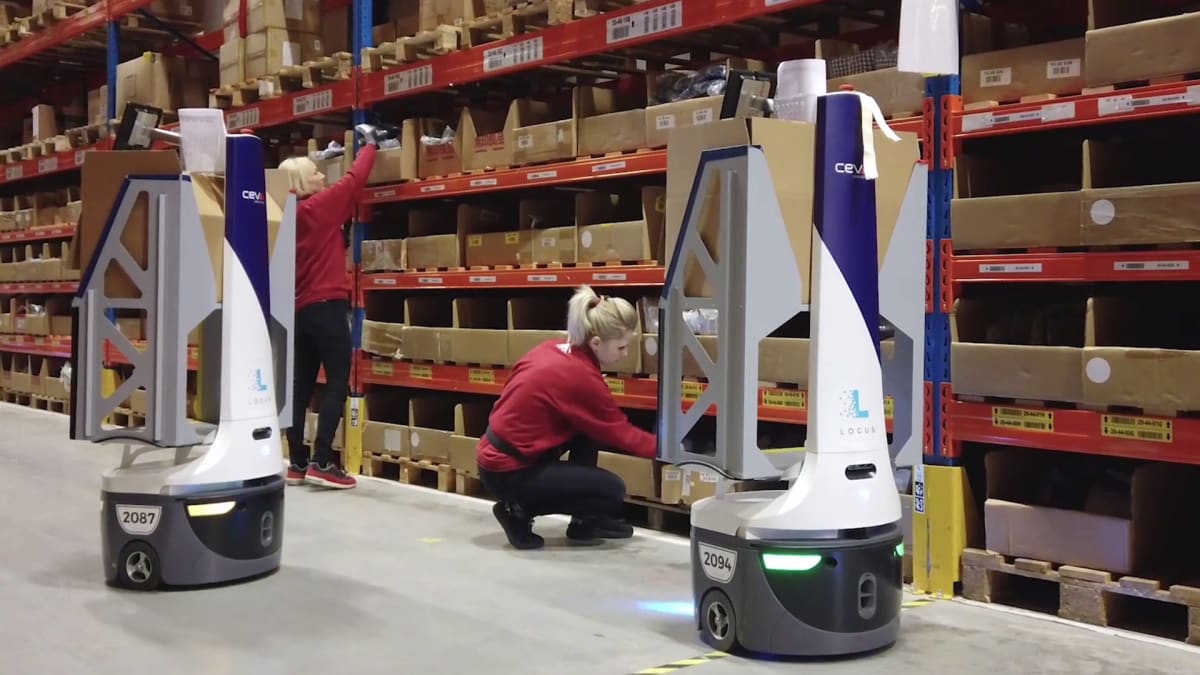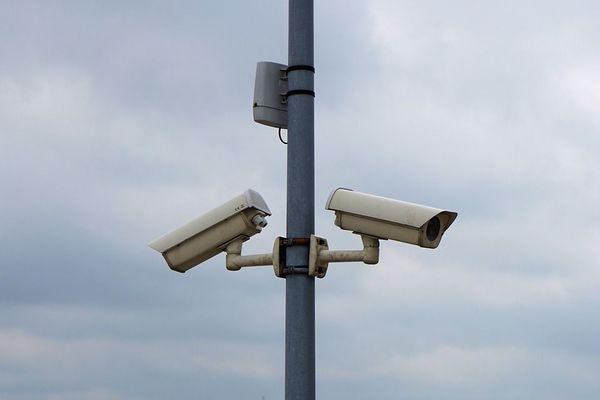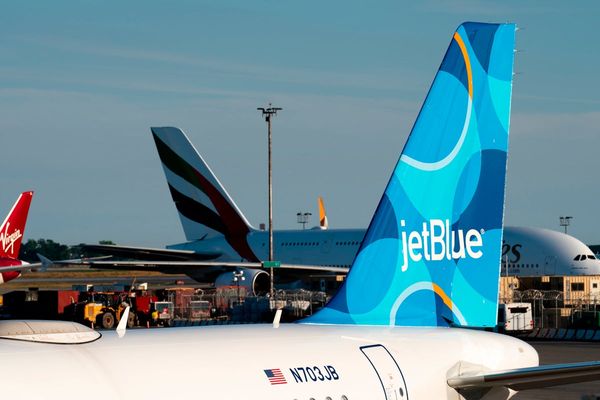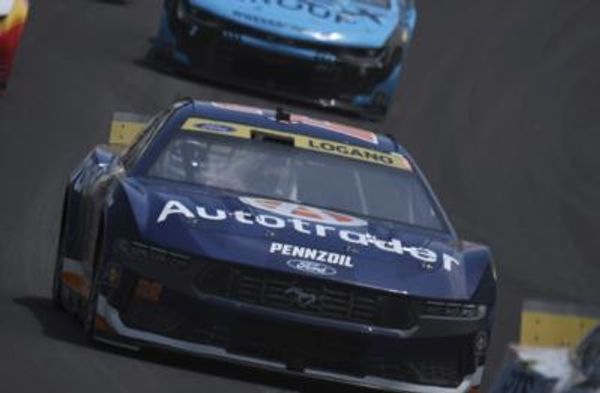
Robots are, in the minds of most people, still inextricably tied to science-fiction movies from the 1980s -- a talking friend with a mechanical voice and light-up buttons for eyes.
In reality, robotics is a wide-spanning field that can mean everything from your Roomba vacuum cleaner (the company that makes it was recently acquired by Amazon (AMZN)) to auto-lift fryers for cooking chicken in a fast-food environment.
At $27.73 billion now, the global robotics market is expected to reach $74.1 billion at a CAGR rate of 17.45% by 2026.
A Funding Round Led By G2 And Goldman Sachs
Another major branch of the industry is warehouse robotics -- retail companies, in particular, are increasingly looking for ways to automate various shelving, unloading, and packing processes. As the biggest player in this space, Amazon recently launched a $1 billion innovation fund for "supply chain, fulfillment, and logistics innovation" along with its acquisition of iRobot last August.
On Tuesday, Massachusetts-based Locus Robotics closed $117 million in Series F funding. This round was led by Goldman Sachs' growth equity division and G2 Venture Partners.
It also brings the company's total funding raised to above $400 million and its valuation to approximately $2 billion.
"When you order something on a website yesterday, there are a whole bunch of things that happen on the back-end to get it out the door and get it to you today," Locus CEO Rick Faulk told TheStreet in an interview. "The reality is that companies cannot find enough labor to ship that stuff so we're helping them by providing a robotic solution."
Locus' robots travel around warehouses and, under the supervision of a human worker, pick up items and bring them into a packing area. The main product is a 5-foot tall machine with a latched holding area for a package or product.
It's called a "co-bot" since a human worker is still needed to select what the robot transports and make sure it is packed and delivered correctly.
The solution is meant to automate some of the heaviest lifting and transportation processes -- Faulk told TheStreet that it is meant to bring down the miles a typical warehouse worker walks in a day from between 13 and 15 to two to three.
Locus' current clients include DHL, IKEA, and the Boots drugstore chain in the United Kingdom.
Putting One's Money In Robotics
Goldman Sachs Managing Director Mark Midle and G2 Venture Partner Zach Barasz will also be joining the Locus board of directors. Both represent first-time investors; previous funding rounds were led by Tiger Global, BOND, and Scale Venture Partners.
"Our investment reflects our view that Locus has the product offering and the operational excellence required to meet and exceed the market challenges posed by today's dynamic economic environment," Midle said in a statement.
Such a string of back-to-back funding rounds -- $46M in May 2020 and $150M in February 2021 -- show that the demand for automating various shipping processes continues to be very strong during the age of e-commerce.
Faulk also told TheStreet that the new round of money will go toward expanding its presence in several European countries as well as developing its product to fit different needs -- they have recently been seeing more retailers use them for customer returns during the holiday season.
"All these operators on the back end are trying to figure out how to deliver on all that demand," Faulk said. "That's where automation comes into play."
Note: This article was updated to clarify donors leading past funding rounds.







